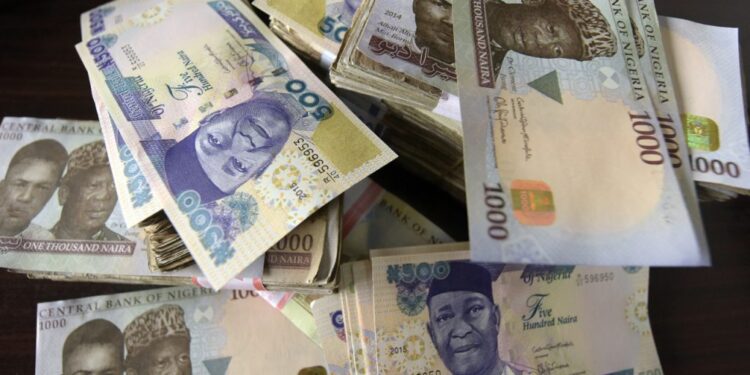The Economist Intelligence Unit (EIU) has indicated that the Central Bank of Nigeria (CBN) currently lacks the liquidity to support the naira. The report, released on Friday, emphasizes that foreign borrowing might be necessary for the CBN to rebuild its buffers, clear a backlog of unmet foreign exchange orders, and restore confidence in the economy. It suggests that this may only be achievable towards the end of 2024.
The EIU report also highlights the potential impact of the return of fuel subsidies on the Federal Government’s desire to borrow from the CBN. The report notes that the government has a strong incentive to seek financing from the central bank to cover the fiscal cost associated with the return of the subsidy.
Furthermore, the EIU forecasts an economic growth rate for Nigeria of 2.5% in 2024, revising its previous estimate of 2.2%. The projection is based on higher-than-expected crude oil output and earlier production from the Dangote refinery. However, the report cautions that Nigeria will continue to depend on fuel imports despite the refinery’s capacity to meet domestic needs.
The EIU criticizes the implementation of market reforms under President Bola Tinubu, stating that the policies, including the floating of the naira and removal of fuel subsidies, have been hasty. It warns of the potential for mass protests and strikes due to policy-induced crises and suggests that the government may backtrack on some reforms in response to public pressure.
The report also anticipates that the Monetary Policy Rate will peak at 23.75% in 2024, with inflation projected to reach 30.3% for the full year. The EIU expects the Nigerian currency to depreciate below 2,000 naira against the US dollar before the end of the year.
Overall, the EIU identifies concerns about President Tinubu’s fast-paced market reforms, warning that if these reforms proceed too quickly, they may lead to mass unrest with significant consequences for the country. The report also cites risks such as internal conflicts, social unrest, strikes, and the potential spread of terrorism as challenges to Nigeria’s economic outlook.
























